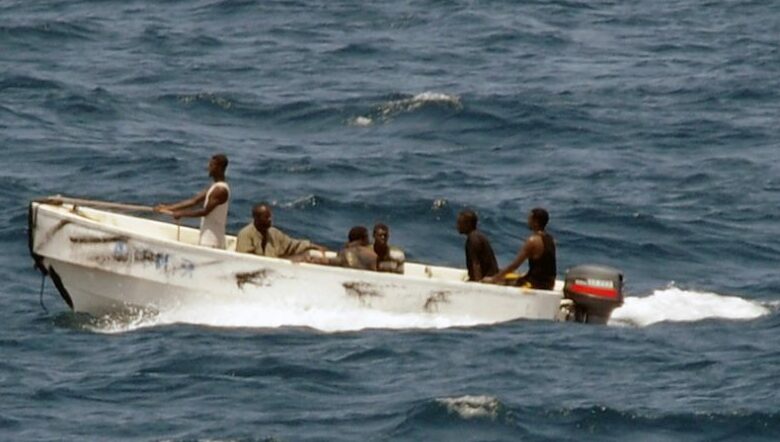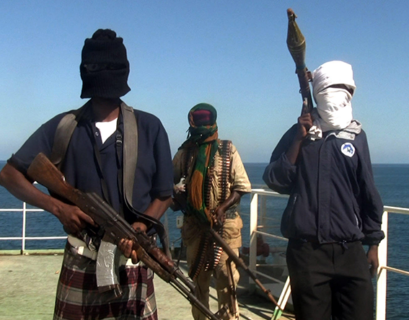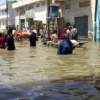The recent surge in piracy attacks off the coast of Somalia has once again brought to light the severe shortcomings of the Somali government in addressing maritime security. A global anti-piracy body, the International Chamber of Commerce’s International Maritime Bureau (IMB), recently reported eight piracy incidents in the first half of 2024 alone, including three hijackings. Despite a decrease in overall attacks since 2017, these numbers are alarming and indicate a persistent threat that has yet to be effectively managed by Somali authorities.

The Alarming Statistics
The IMB’s latest report underscores the gravity of the situation, calling for heightened vigilance among shipping vessels navigating the Somali coastline and the Gulf of Aden. From January to June, three vessels were hijacked, two vessels were boarded and fired upon, and one vessel faced an attempted approach. These incidents demonstrate that Somali pirates still possess the capability and capacity to target vessels up to 1,000 nautical miles off the Somali coast.
Such incidents are not only a threat to international shipping but also to the safety and wellbeing of seafarers. The IMB has emphasized the necessity for a sustained and robust regional and international naval presence to respond to these incidents. However, the crux of the problem lies within Somalia itself, where governmental inefficacies continue to hinder effective action against piracy.
Governmental Inaction and Its Consequences
The Somali government’s inability to establish and maintain effective control over its territorial waters is a critical factor contributing to the persistence of piracy. This failure can be attributed to several factors, including corruption, lack of resources, and poor coordination among governmental agencies. Despite international assistance and efforts to build Somalia’s maritime security capabilities, the government’s response has been largely inadequate.
Corruption within the Somali government exacerbates the situation. Funds allocated for anti-piracy measures often disappear due to corrupt practices, leaving the maritime forces underfunded and ill-equipped. This not only undermines the morale of the personnel but also diminishes the operational capacity of anti-piracy efforts.
The Need for Robust International Intervention
Given the Somali government’s continued failures, there is an urgent need for the international community to step up its involvement. While there have been significant contributions from various countries in terms of naval patrols and capacity-building initiatives, a more coordinated and comprehensive approach is required. This could involve stricter monitoring of aid utilization, more stringent anti-corruption measures, and enhanced support for local governance structures.
Moreover, regional cooperation among East African countries is crucial. A collective effort to bolster maritime security can help create a more stable and secure environment, not just for Somalia but for the entire region. This would entail intelligence sharing, joint naval exercises, and unified policies to combat piracy.













